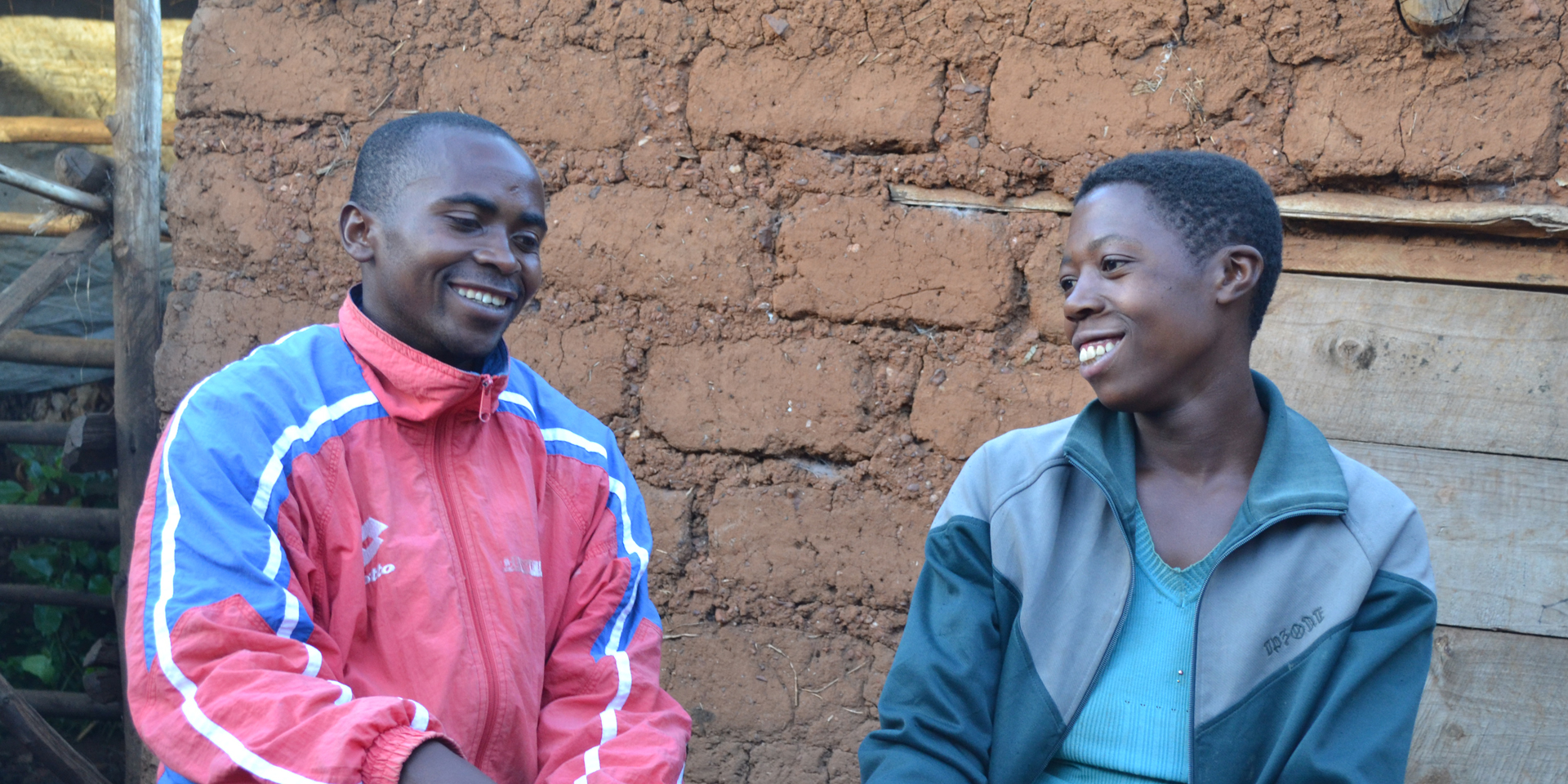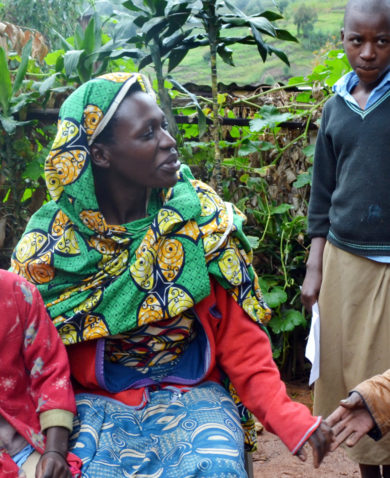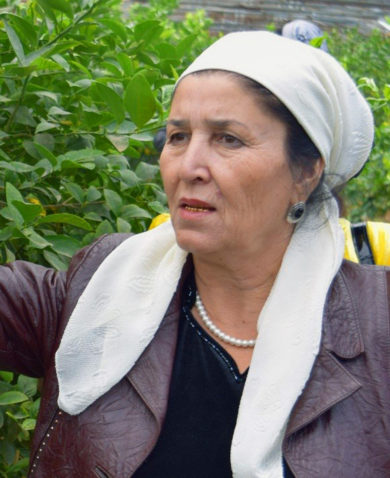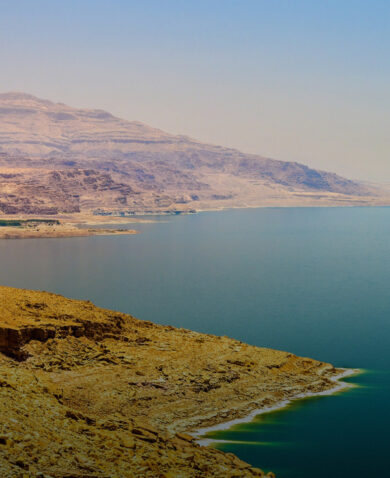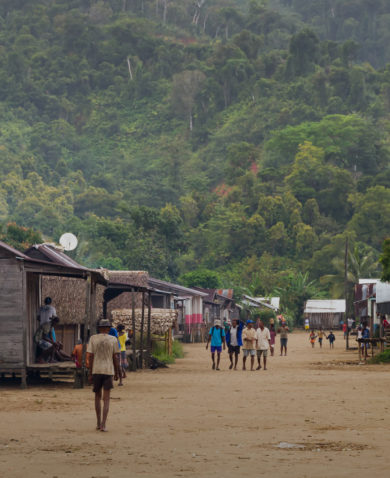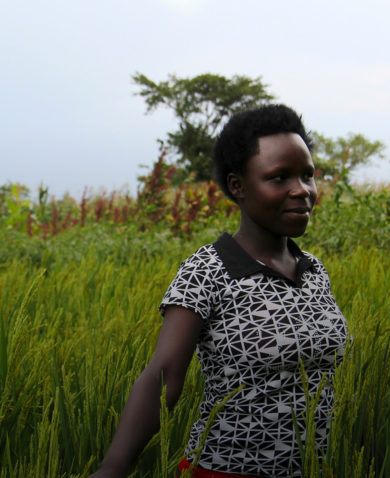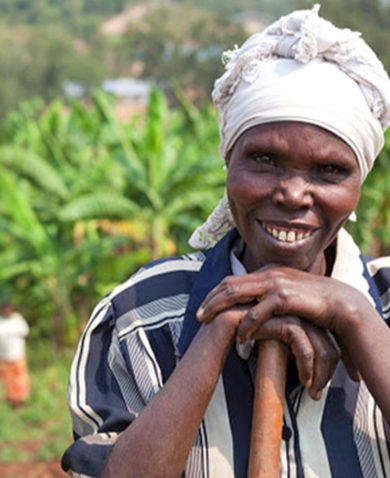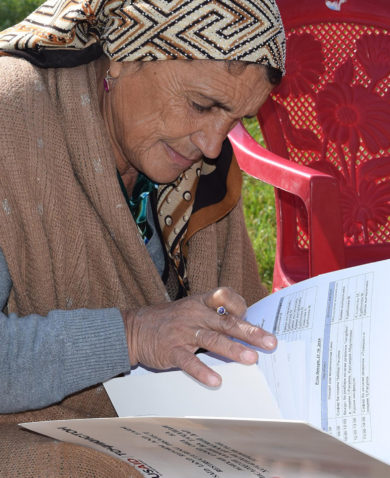More Than A Woman’s Issue
To spark engaging conversations about exercising land rights among traditional decision-makers, Radio Ishingiro’s campaign targeted men and boys. By invoking “gender-equal land rights” rather than “women’s land rights,” the campaign aimed to overcome men’s fears that only women stood to benefit, and at men’s expense. This approach was inspired by field interviews in which women lamented that campaigns promoting gender equality routinely targeted only women:
“People who train us on gender and land rights only train women, and don’t train men,” a young woman explained. “We need to be trained together so that we both have a common understanding.”
Giving considerable attention to boys and men, the campaign aimed to shift their mindsets toward embracing gender equality. To ensure this targeting was effective, program staff first needed to understand boys’ and men’s attitudes about land rights and address any prejudices they held. They also needed to understand which communication vehicles were most likely to reach boys and men.
A Creative Approach to Public Awareness
To glean this information, Radio Ishingiro conducted a baseline survey across four districts in Rwanda. Respondents were asked questions like, “What rights do you believe a wife in an informal marriage should have when her husband dies?” and “Suppose a formally married couple has a son and a daughter… If the husband and the wife were to die, who would inherit the land?”
The breadth of data collected gave the campaign a vital grasp of local knowledge, attitudes, and beliefs regarding gender-equal land rights. Armed with this qualitative and quantitative data, campaign designers got to work developing tailored messages. They also researched what channels of information Rwandan audiences favored most, and found that 66 percent of respondents across all four districts considered radio an effective means of conveying land information.

